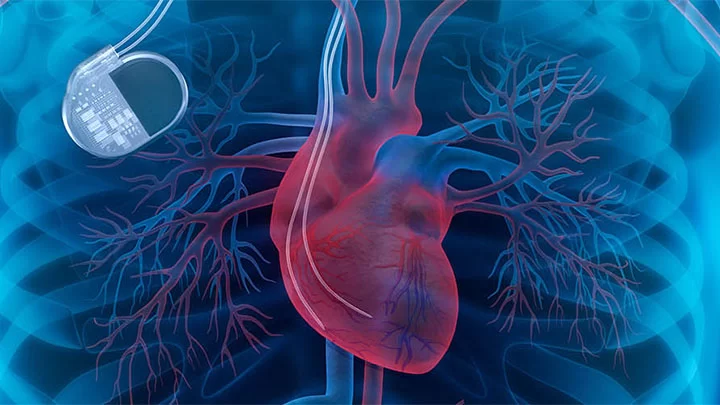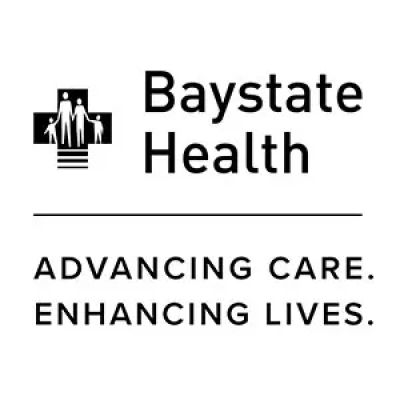- Understanding-Heart-Disease
- The-Role-of-Clinical-Trials-in-Heart-Disease-Treatment
- Benefits-and-Challenges-of-Participating-in-Clinical-Trials
- Real-Life-Examples-of-Clinical-Trial-Impact
- How-to-Get-Involved-and-Where-to-Find-Support
Understanding Heart Disease
Heart disease remains one of the leading causes of death worldwide, affecting millions across all demographics. It encompasses a range of conditions, including coronary artery disease, heart failure, and arrhythmias, which impair the heart’s ability to function efficiently. The complexity of heart disease stems from its multifactorial causes—genetics, lifestyle factors like diet and exercise, and underlying health conditions such as hypertension or diabetes all play crucial roles.
At its core, heart disease disrupts the flow of oxygen-rich blood to the body, often leading to chest pain, shortness of breath, or even fatal events like heart attacks. Despite advances in medicine, many patients still face limited treatment options, especially for severe or resistant cases. This is where clinical trials become a vital part of the medical landscape, offering hope for innovative therapies and improved outcomes.

Understanding the variety of heart conditions
From blocked arteries to irregular heart rhythms, each type of heart disease presents unique challenges in diagnosis and management. For example, coronary artery disease involves narrowing of the vessels supplying the heart muscle, often caused by plaque buildup. Meanwhile, heart failure occurs when the heart can no longer pump blood effectively, which can stem from previous heart attacks or chronic hypertension.
Atlanta Heart Specialists
atlanta heart specialists
4375 Johns Creek Pkwy #350, Suwanee, GA 30024, USA

The impact on patients’ lives
Living with heart disease is not only a physical burden but also affects emotional and mental health. Patients often experience anxiety about their condition, lifestyle restrictions, and the uncertainty of disease progression. Understanding these impacts underscores the importance of advancing treatments through rigorous clinical research.
The Role of Clinical Trials in Heart Disease Treatment
Clinical trials are essential for developing new medications, devices, and treatment protocols for heart disease. These carefully designed studies test the safety and effectiveness of innovative therapies before they become widely available. Participation in clinical trials helps bridge the gap between current medical knowledge and future breakthroughs.
Phases of clinical trials and what they mean for patients
Clinical trials typically progress through phases I to IV. Early phases focus on safety and dosage, while later phases assess efficacy and compare new treatments against current standards. For heart disease patients, enrolling in a clinical trial can provide access to cutting-edge therapies that might not be otherwise available.
How clinical research drives medical progress
Without clinical trials, many of today’s life-saving heart medications and devices—such as statins, stents, and pacemakers—would never have reached patients. Ongoing research is now exploring gene therapies, novel anticoagulants, and personalized medicine approaches that promise to transform care further.
Benefits and Challenges of Participating in Clinical Trials
While clinical trial participation offers potential benefits, it also comes with considerations patients should understand thoroughly before enrolling.
Benefits: access, advanced care, and contribution to science
Participants often receive close monitoring and comprehensive care from specialized medical teams. This can improve management of their condition and identify issues early. Moreover, contributing to clinical trials helps advance medical knowledge that benefits future patients worldwide.
Challenges: risks, time commitment, and eligibility
Every clinical trial carries risks, including unknown side effects or treatments that may not be effective. Additionally, trials require time, travel, and adherence to strict protocols, which can be demanding. Not all patients qualify due to specific inclusion criteria designed to ensure safety and validity of results.
Addressing patient concerns with transparency
Effective communication between patients and healthcare providers is critical to addressing fears and misconceptions about clinical trials. Programs that provide clear, personalized information can empower patients to make informed decisions about their participation.
Real-Life Examples of Clinical Trial Impact
Consider the story of Maria, a 58-year-old woman diagnosed with heart failure who enrolled in a clinical trial testing a new heart pump device. Her participation not only improved her quality of life but also contributed valuable data that led to regulatory approval of the device for broader use. Stories like Maria’s highlight the tangible benefits clinical research can bring to individuals and society.
Case study: breakthrough heart medication development
Another example is the development of PCSK9 inhibitors, a class of drugs discovered through clinical trials aimed at lowering cholesterol levels more effectively than traditional statins. These medications now offer hope for patients with familial hypercholesterolemia and those who do not respond well to existing treatments.
Community impact and awareness
Clinical trials also raise awareness about heart disease risks and management strategies. Increased public engagement has led to more proactive health behaviors and greater advocacy for cardiovascular research funding.
How to Get Involved and Where to Find Support
If you or a loved one is considering clinical trial participation, it’s important to start by discussing options with your cardiologist or healthcare team. They can help identify suitable studies and explain what to expect.
Finding reliable information and resources
Websites like HeartCare Hub offer comprehensive guides on heart disease management, clinical trial opportunities, and recommendations for related products and services tailored to cardiovascular health. Utilizing these resources can help patients navigate the complex clinical trial landscape confidently.
Preparing for participation
Before enrolling, take time to understand the trial’s purpose, procedures, and potential risks. Preparing questions and discussing them with your healthcare provider ensures you make the best-informed choice.
Building a support network
Engaging family, friends, and patient support groups can provide emotional encouragement throughout the trial process. Many organizations connected with HeartCare Hub also offer peer support, enhancing the overall experience.
In summary, heart disease remains a critical health challenge, but clinical trial participation is a powerful avenue to access new treatments and contribute to medical advancements. By understanding the intricacies of heart disease and the clinical research process, patients can make informed decisions that improve their health outcomes and inspire hope for future generations.






















Deborah Heart and Lung Center
deborah heart and lung center
200 Trenton Rd, Browns Mills, NJ 08015, USA